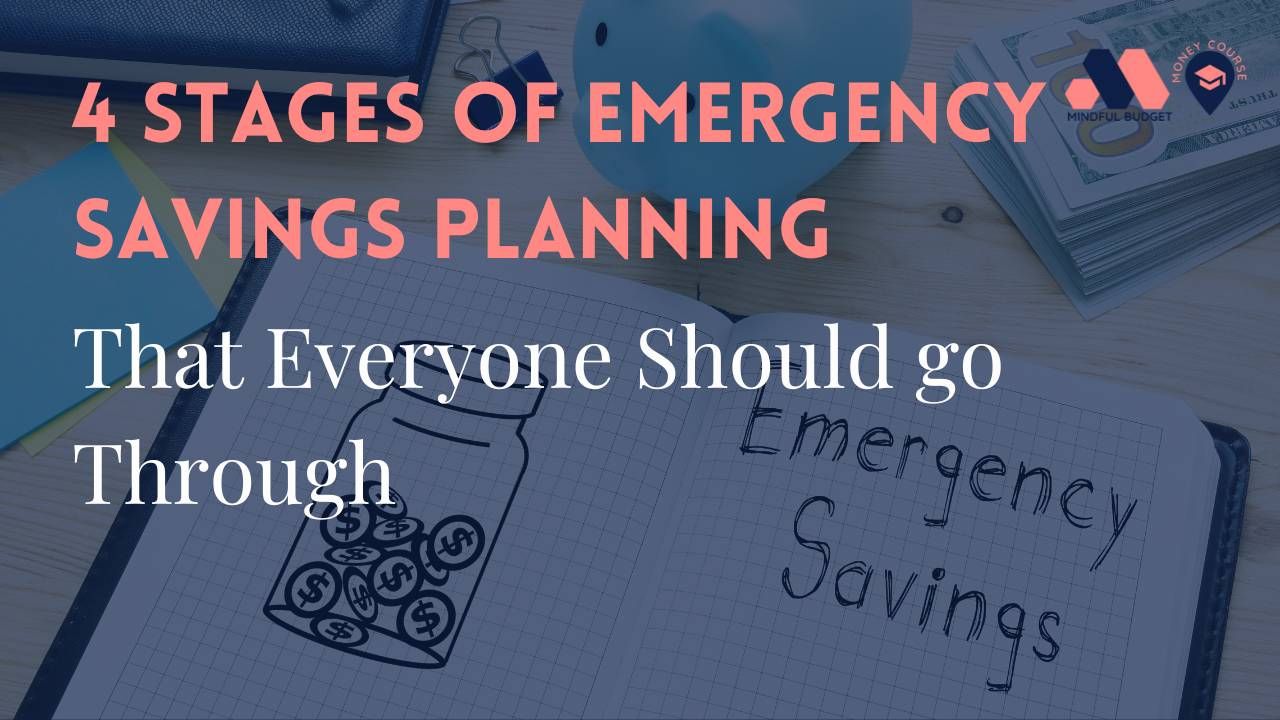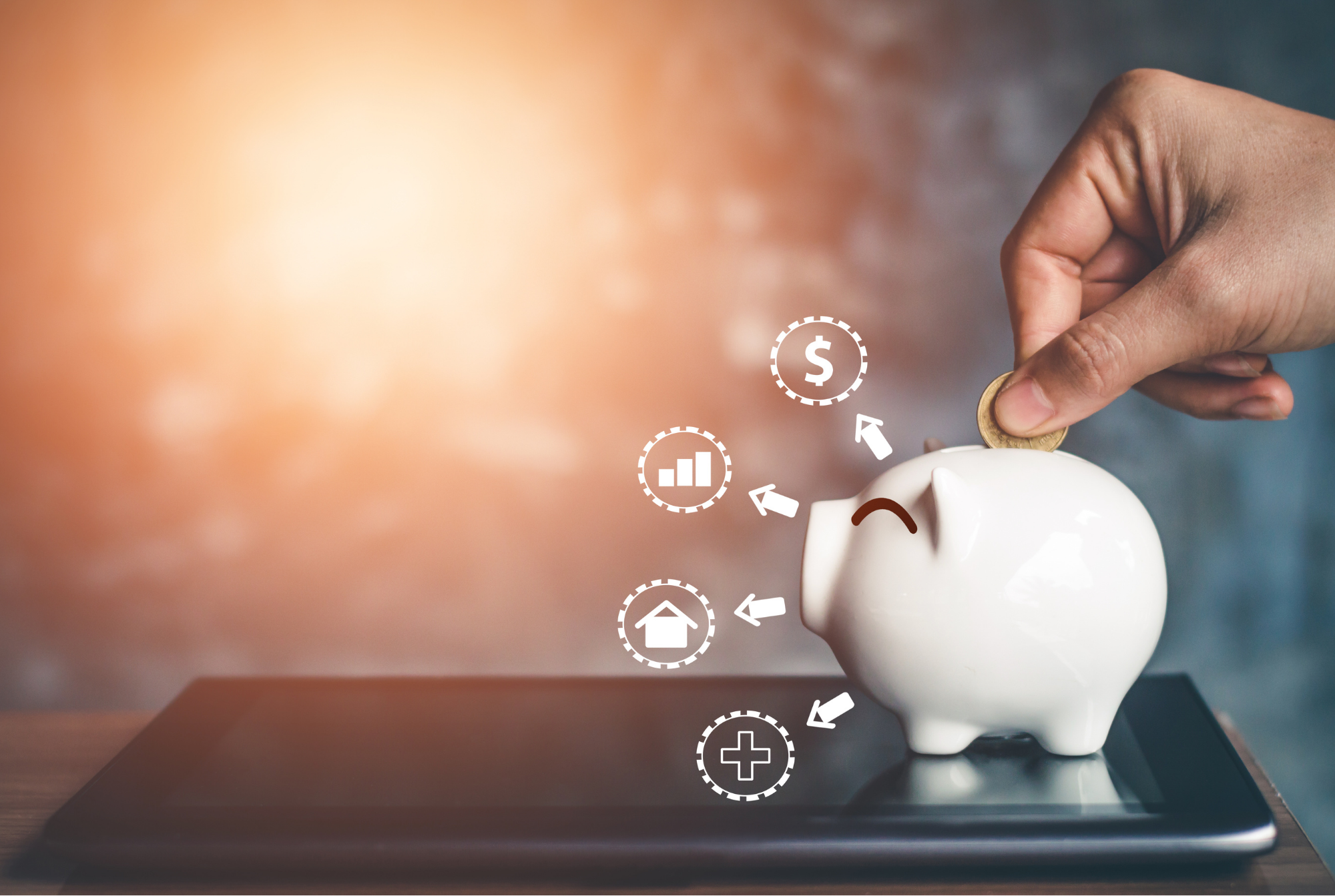
4 Stages of Emergency Savings Planning that Everyone Should go Through
An emergency fund is a must if you want to maintain financial stability. It helps you sail through life's financial storms and sh!t shows.
A financial storm can happen at any time and without warning. It could be the kind of storm where you lose your job, your expenses exceed your income or a sudden medical crisis in the family. That’s why having an emergency fund is so important – it’s there for you when things go wrong.
It can be challenging to save up money for emergencies but it doesn't have to be! With the right strategy, saving up an emergency fund will just become a part of life rather than something that looms as a risk.

Emergency Saving Planning - Stage 1: Save up the Bare Minimum to be Protected from Emergencies
The amount of money you should have saved depends on your goal, but there are some guidelines that can help you get started. For example, having three to six months' worth of living expenses saved up for emergencies is recommended.
Emergency Savings Planning - Stage 2: Determine the Amount of Money You Must Save for Different Emergencies & Goals
The first thing you need to do is track your spending: Start by creating a budget for your everyday expenses and then track how much you spend on the things that are not related to essentials. This helps you understand where you can save some money and put it towards your emergency fund. FYI - “essentials” doesn’t include Netflix or a cheeky Macca’s run. Think rent/mortgage, electricity, gas, water, rates etc. Once you’ve hit your initial goal, you
keep saving to then include a little lux.
If you need help tracking your spending check out my values-based budget planning service.
Emergency Savings Planning Stage 3: Choose Your Strategy for Saving Money to Reach Your Savings Goal
It is not easy to save money. But if you are serious about it, you need to find a way of making sure that you can get there. There are many different strategies for saving money but they all have one thing in common - the need for an emergency fund.
One of the most popular strategies is saving on small things like buying cheaper products or eating at home more often which will increase your savings over time. Another strategy would be finding ways to make more money by working overtime or starting your own business on the side while still holding down a full-time job.
Once you have tracked your spending you can see how much surplus you have each month to put aside. You can take a set amount such as $250/month or set a percentage like 10-20% and use this to build your emergency stash.
The last strategy would be to open up a savings account from a different bank to the one you use for your everyday purchases so you’re less likely to dip into the stash as you won’t see it on a daily basis.

Emergency Savings Planning - Stage 4: Keep Up With Your Monthly Savings Goals Until You Reach Your Target Amount
Pay yourself first - heard this before, what does it even mean? Put simply - create an automatic transfer of the amount you want to contribute each month after payday. This builds an amazing money habit that can be used for other goals, bye-bye credit card debts!
Don't be unprepared for emergencies on your doorstep
Now you know how to save for your emergency fund — start today!
You’re now armed with ways you can start to save money for a rainy day. You can now relax and know that there is a safety net if you can't find a job, you lose your job, become ill or something else happens. The next step is to take action.
If you want to get on the path to financial freedom, you have to change your mindset and your behaviour. You have to implement.
And if the thought of going it alone scares the pants off you, my judgement-free financial coaching can help. All you have to do is book a call and we’ll get started.
Do you have a copy of the free budget guide?
Learn about your Money Mindset and six (yes SIX!) budgeting styles (and find the one that works for you!)
We hate SPAM. We will never sell your information, for any reason.

